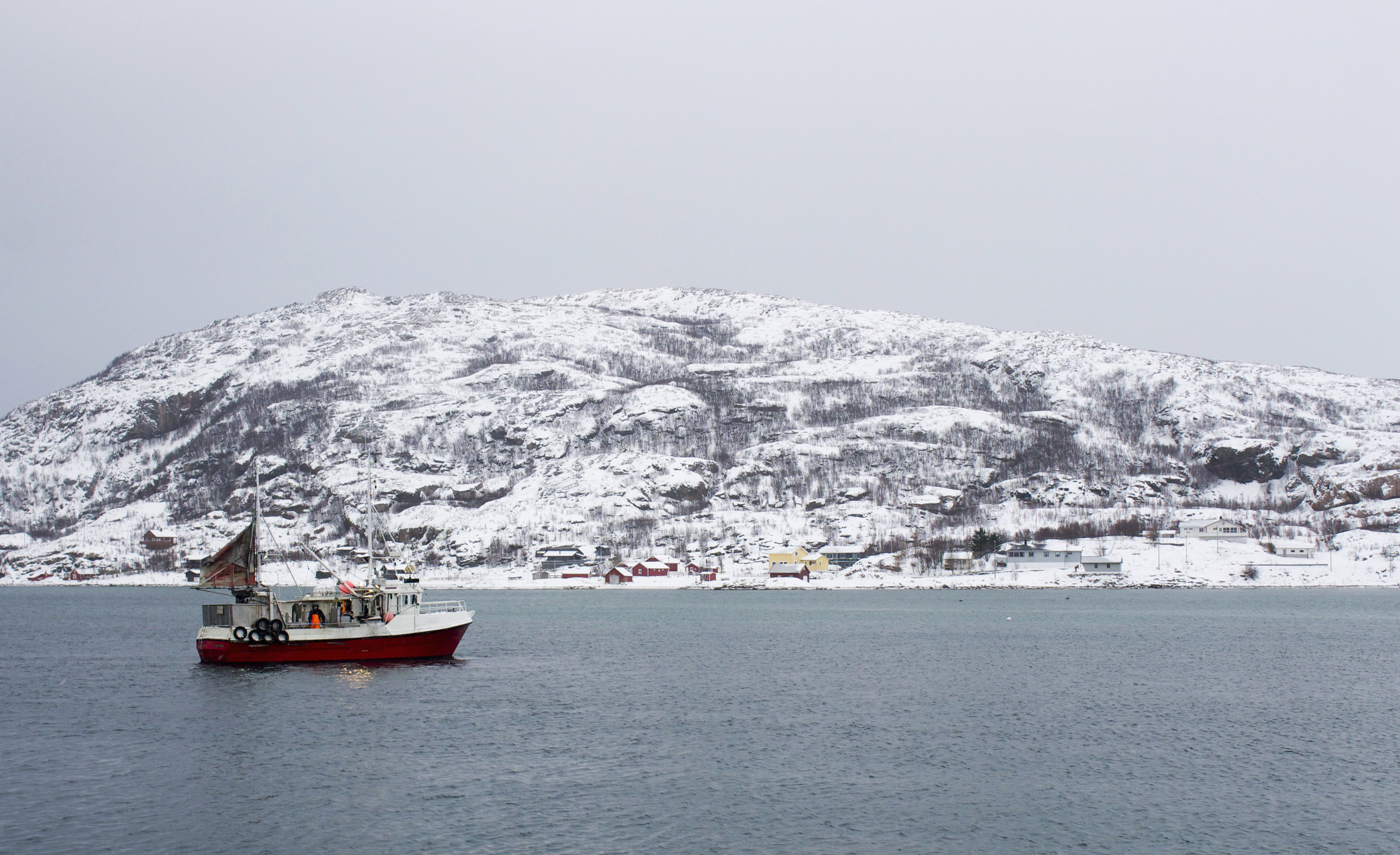Sea ice loss is poised to dramatically change the Barents Sea ecosystem
The sea will begin to resemble the Atlantic Ocean more than the Arctic in coming decades.

Sea ice retreat has been a well-documented consequence of climate change in the Arctic. Now, a new study projects that a related change could dramatically alter parts of the Barents Sea in the next few decades, transitioning it from a cold, fresher Arctic sea to warmer, saltier Atlantic sea.
Published in the journal Nature Climate Change on Monday, the new research looks at the northern Barents Sea and the relationship between sea ice coverage and warming in the sea, which the paper calls an “Arctic warming hotspot.”
The study focused on decades of observations from ships and satellites in the Barents Sea. The researchers first looked at the amount of sea ice blown into the region from the central Arctic, a process known as “sea ice import.” They found that the amount of sea ice import, both in annual area and volume, was smaller from 2000 to 2015 when compared to the amount of import from 1979 to 2009.
This decrease in sea ice coming from the central Arctic influences the different layers of the Barents Sea. Normally, the northern Barents Sea receives cold fresh, water when the imported sea ice melts, which sits on top of a deeper, saltier and warmer Atlantic layer, causing them to rarely mix.
As warming temperatures reduce the amount of Arctic sea ice cover, less of the cold, fresh water from the Arctic ice is making its way to the northern Barents Sea. The study found that the freshwater content of the region has decreased as the volume of sea ice import has declined since the mid-2000s.
This weakens the cold water on the top that forms a cap on the warm water below, leading to more mixing between the two layers. This, in turn, makes it harder for sea ice to form on the surface during the winter.
As this change happens, the paper suggests that the northern Barents Sea may see a transition from Arctic waters to more Atlantic-type waters — possibly soon.
“If the decline in freshwater content in the upper 100 meters during 2000-16 continues, the freshwater content will be zero – meaning no stratification – around 2040,” lead author Sigrid Lind told the website Carbon Brief.
This transition would extremely rare and have “unknown consequences” for the Barents Sea ecosystem, according to the paper. Fish populations may shift north, for example, while species that are reliant on the cold, ice-covered climate may be threatened.